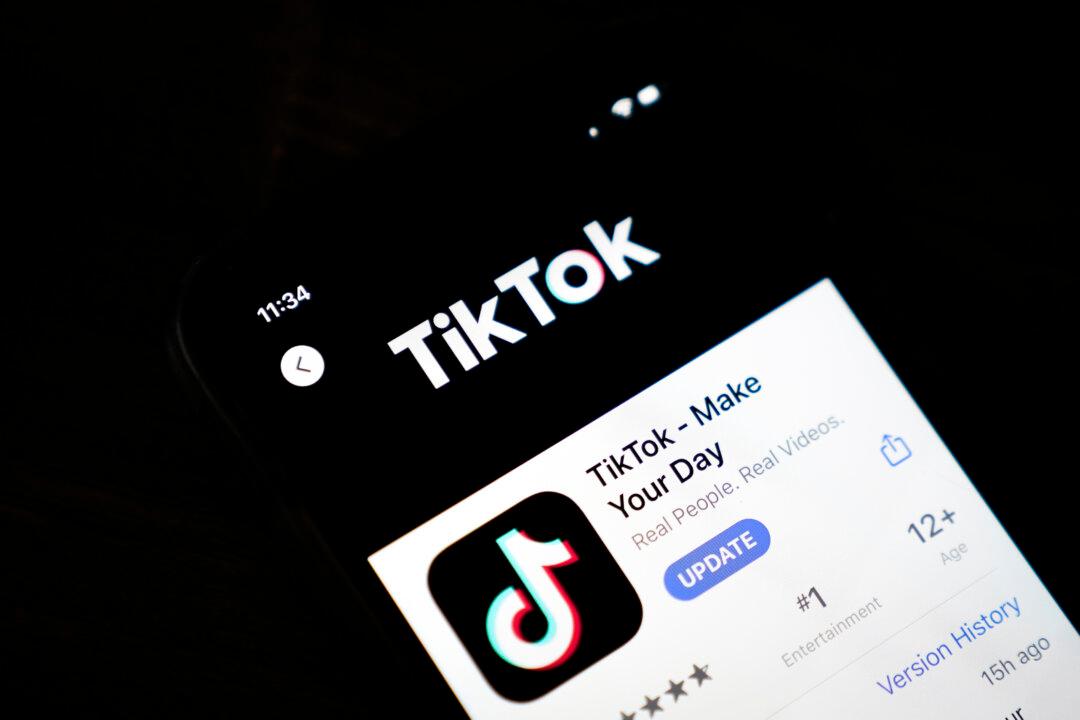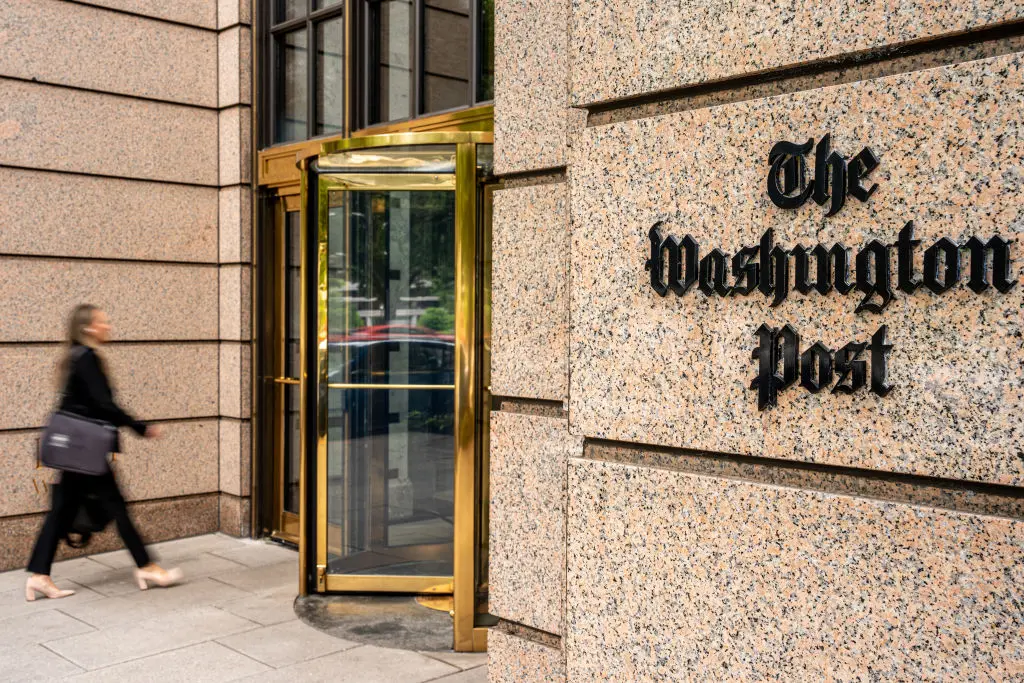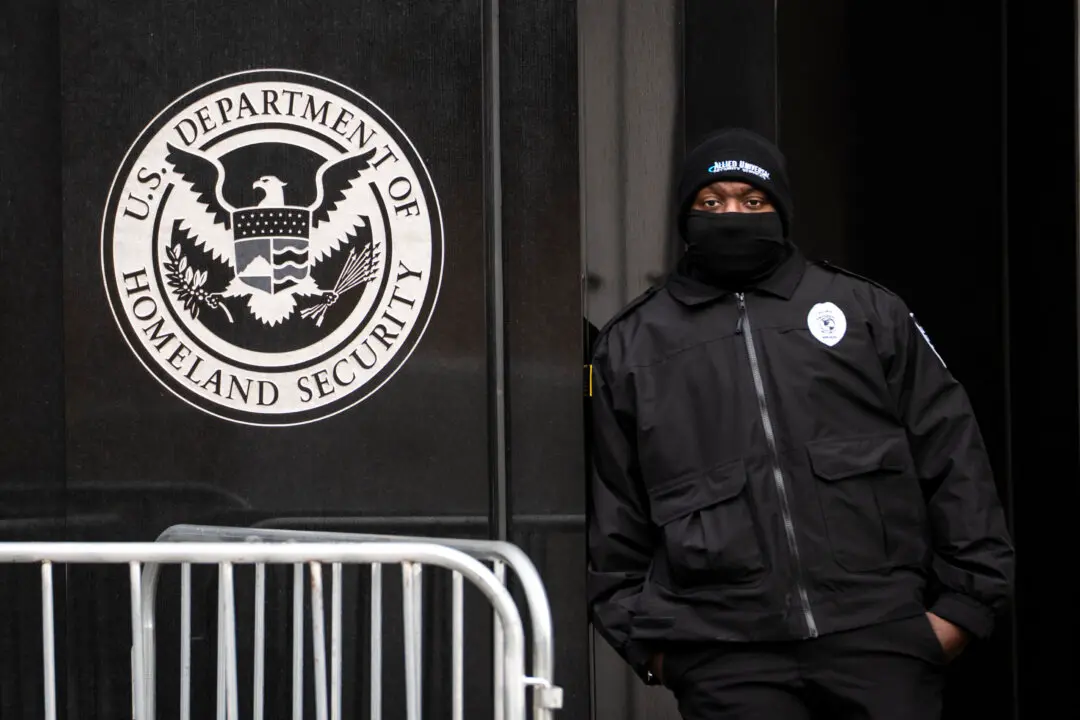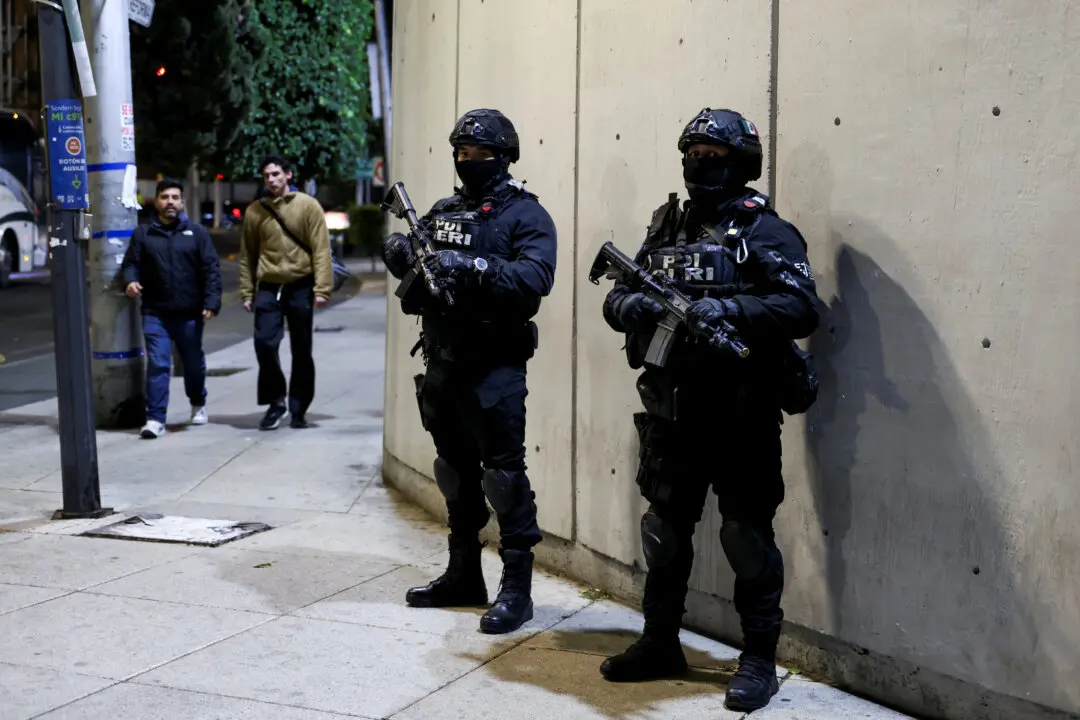Taiwan is considering a nationwide ban on TikTok after barring the Chinese-owned video app from government communication devices over national security concerns, according to an official.
Minister of Digital Affairs Audrey Tang said on Dec. 9 that an inter-ministerial committee meeting will be held this month to discuss the possibility of extending the ban to the public, Taiwan News reported.





